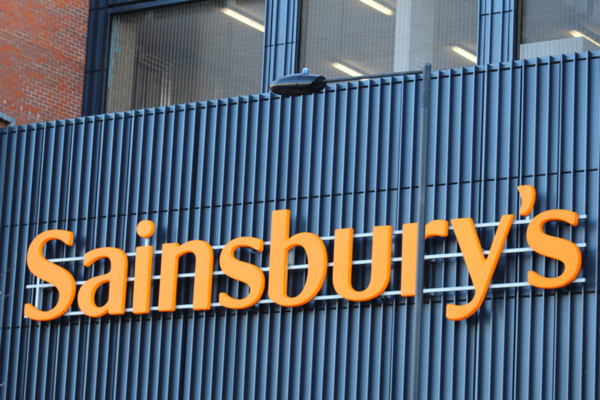

// Sainsbury’s lifts buying restriction on some products after receiving feedback
// CEO Mike Coupe wrote in a letter to customers to inform them
// Some restrictions still remain in place until further notice
Sainsbury’s has lifted buying restrictions on “thousands” of products after chief executive Mike Coupe said stock levels across stores were “much better,” but some restrictions remain in place until further notice.
Many grocers implemented the rationing rules after customers began panic-buying due to coronavirus-related fear.
Items that were rationed include toilet paper and pasta as supermarkets battled to keep shelves stocked.
READ MORE:
Coupe wrote in a letter to customers that Sainsbury’s will be lifting some restrictions after receiving feedback that the limits are stopping people being able to buy items for others, particularly the elderly and vulnerable.
Meanwhile, items such as pasta, long-life milk, antibacterial products and some tinned and frozen goods will continue to be limited to two per customer.
“You wrote to tell me that product limits were a barrier to being able to shop for other people,” Coupe said.
“We understand that it can be difficult to buy what you need and shop for someone else with the three-item product limit.
“We have now lifted buying restrictions on thousands of products and hope that this will help more of you to shop for others.”
The Big 4 grocer is also prioritising delivery slots to an additional 150,000 elderly and vulnerable customers after a majority of supermarkets saw their delivery slots fully booked as a result of the pandemic.
New customers are matched from a government database, where vulnerable people who need assistance in getting a food shop were able to register.
Sainsbury’s said it was waiting for databases for Scotland, Wales and Northern Ireland and will be in touch with vulnerable customers in those areas once it has received the data.
Click here to sign up to Retail Gazette‘s free daily email newsletter

